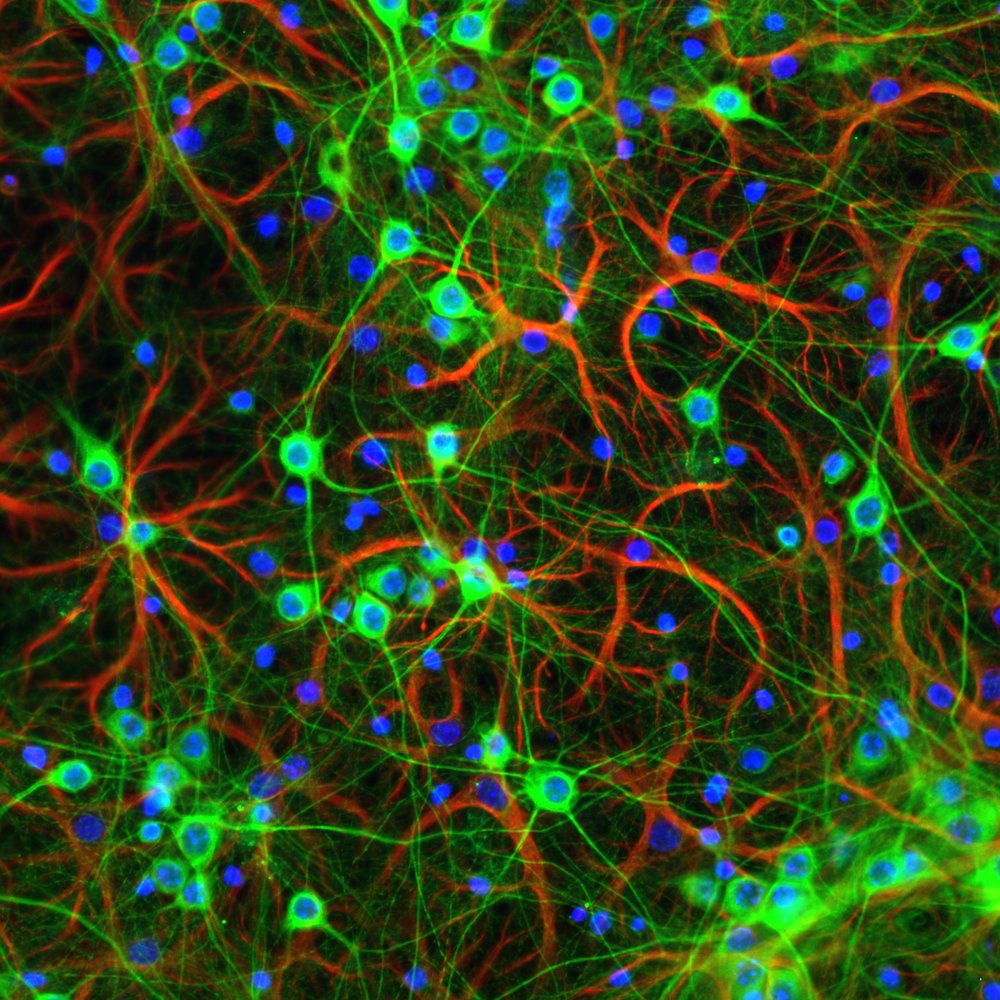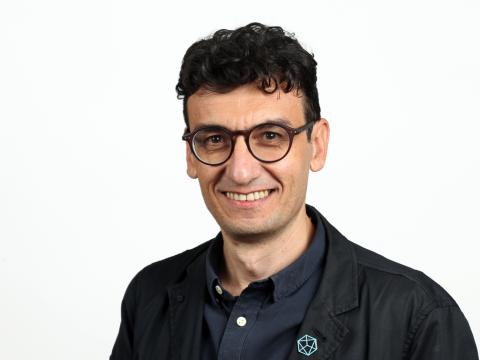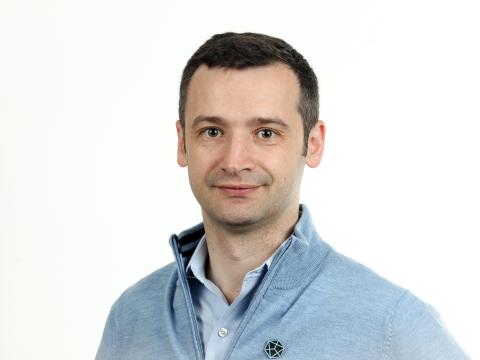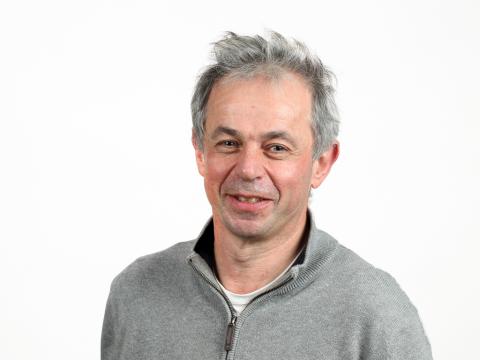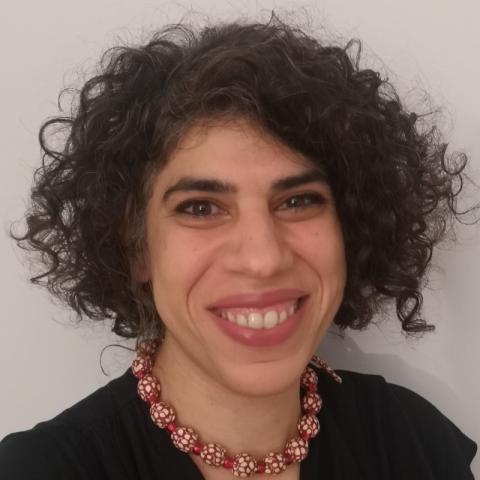

UK DRI at Cambridge

The UK DRI at Cambridge brings together diverse expertise - from biological to physical sciences - to boost our understanding of the earliest stages of neurodegeneration.

Contact
Located in the heart of the Cambridge Biomedical Campus – the largest of its kind in Europe – the UK DRI at Cambridge is committed to improving the outlook for people affected by neurodegenerative conditions. The multi-disciplinary team of researchers have complementary and overlapping expertise in chemistry, biophysics, cell biology, transcriptomics and translational neuroscience.
The Centre is focused on improving understanding of the underlying mechanisms within cells that lead to neurodegeneration, and the impact of protein aggregation on the progression of neurodegenerative diseases. Through this, the team aim to deliver new mechanistic insights, new therapeutic targets and new biomarkers.
Latest news
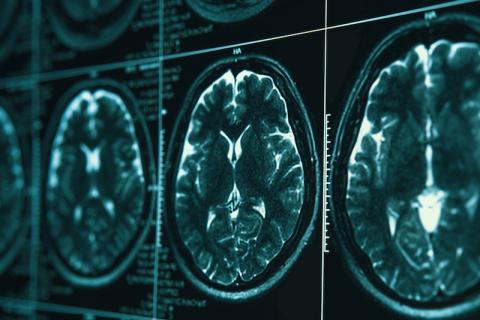

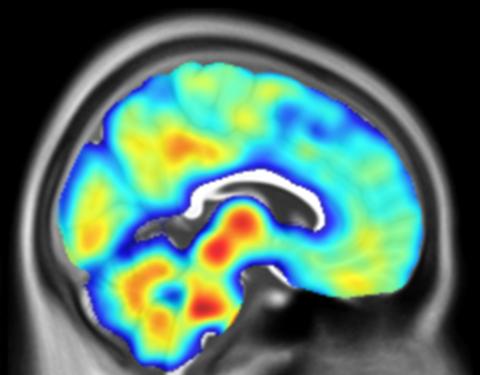
People
Scientific focus
Read about the scientific focus of the UK DRI at Cambridge
